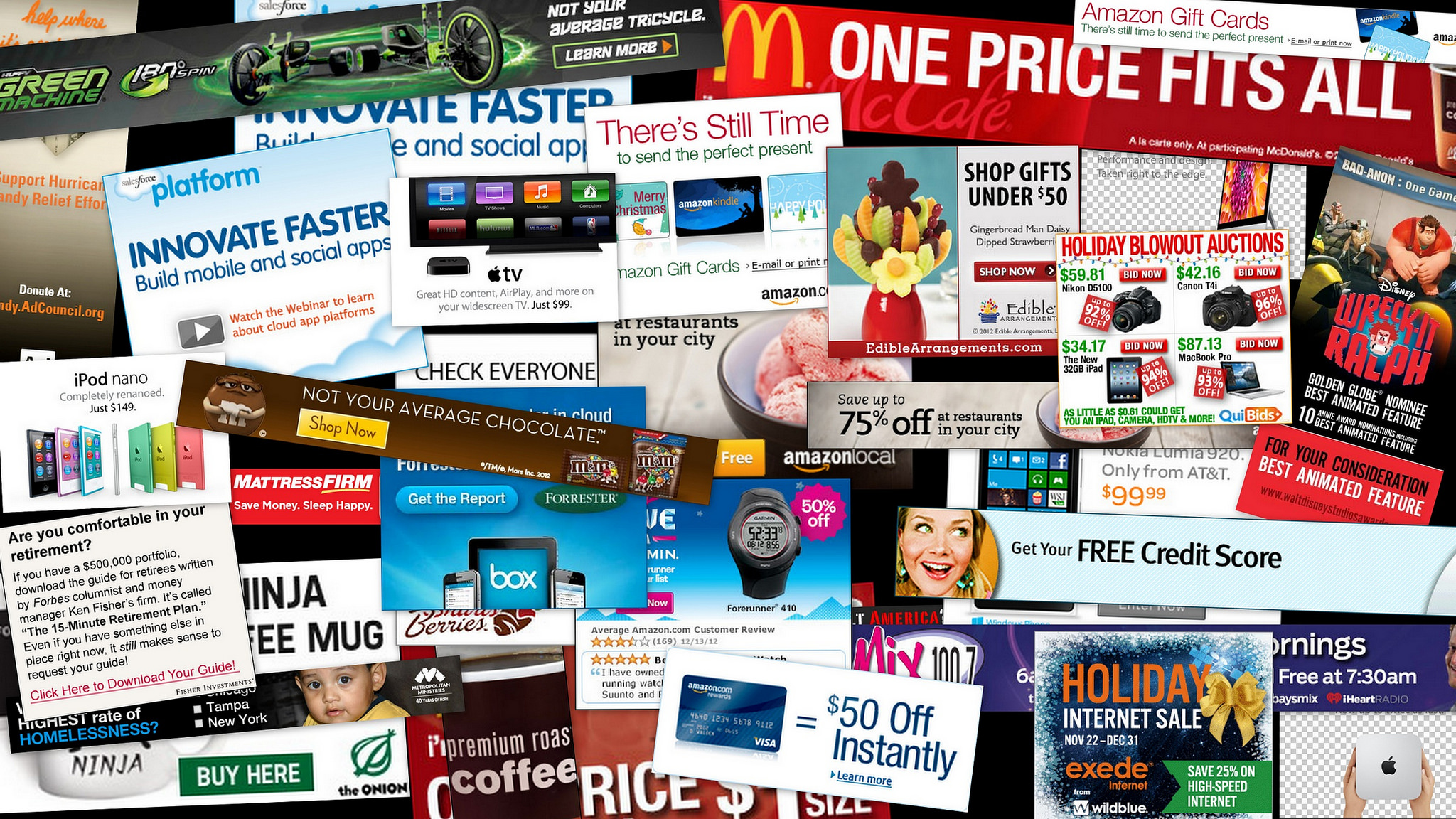 NEWS
NEWS
 NEWS
NEWS
 NEWS
NEWS
Dear Internet,
I have a confession to make.
I’ve installed an ad blocker and not only do I like it, I intend to keep on using it.
It may sound strange that one guy needs to confess his use of an ad blocker given there are some 200 million people (possibly more) using them today, but for me, it was a giant step.
I’ve been a publisher on and off for many years, as well as being the founder and co-founder of two media startups, one of which took venture capital funding, that relied on advertising to pay the bills, including employing hundreds of people either full time or part time .
I actually get and respect the argument that advertising pays for much of the free content online, because right or wrong it actually does, but we’ve gotten to a point now where advertising saturation is actually ruining the web.
Saturation is easy enough to define: the fact that a website you visit has so many side-loading scripts from various ad companies that it actually significantly slows down your browsing experience, and that’s putting aside the sites that use pop-up overlays (which ruins mobile browsing in particular), the few who still actually use traditional pop-ups, or worse still sites like Forbes that even use interstitials (what year is this?)
For me I’ve always been an ad-supporting man, but it was a story I wrote about Brave, the new browser being built by former Mozilla Foundation (Firefox) Chief Executive Officer Brendan Eich which not only blocks ads natively, but is going to offer substitute fast-loading ads (opt-in) that pay people who view them in Bitcoin, that sent me on what publishers of websites using ads may consider my evil ways.
For that review, I actually tested a beta version of the browser, and while it’s far from perfect (it doesn’t have plugin support for example, and I can’t live without Reddit Enhancement Suite), the one thing that struck me while playing with it was just how super quick it was.
Why was it super quick? the answer is because it blocked all the ads loading on pages I was visiting.
I couldn’t stick with Brave, but I thought the best way to test the supposition that ad blocking sped up browsing was to install Adblock Plus on Firefox; yes, I use Firefox because despite being a Chrome user for many years, Chrome is a memory hog that would freeze up and crash at regular intervals (it didn’t use to, but it got worse over time). Firefox isn’t perfect, but it simply doesn’t have the same memory issues Chrome has.
So I installed Adblock Plus, and it was like I had gotten a new computer, or tripled my internet speed.
Those are observations without hard facts to back them up, but there is evidence out there (two links but there is a pile more) that ad-blocking increases your browsing speeds simply because it blocks all the advertising scripts from loading, which in 2016 can often take up half the downloads of a page.
I’d love to say I wasn’t using an ad blocker, and I’m not (yet) on my Samsung Galaxy S7 because mobile friendly pages tend to be less burdened with ads, but the fact someone who has for 15 years been in the publishing business, with over a decade of ad sales, would ad block comes down to the fact that publishers have become so obsessed with advertising in 2016 due to the constant downwards pressure on CPM’s that many no longer even think about load times for readers but how to pump as many ads onto a page, often from multiple advertising sites with each provider sucking up more and more load time.
Publishers, we have a problem.
There’s no easy answer or solution either: some go with so-called “native” advertising which is nothing more (mostly) than advertising pretending to be editorial, and that not only sucks, if not labeled properly it’s downright dishonest and constitutes deceiving your readers.
Some sites rely on research and/or event coverage (such as with SiliconANGLE) and while it’s a great business model, clearly not everyone can get in on the business.
Product sales/affiliate are old school, but can work for some, but again it’s not something every single site can embrace.
I don’t have the answer to the problem but I do know one thing: more people are going to install ad blockers if sites keep abusing their readers by overloading their pages with ads.
One thing that could possibly be done is something along the lines of sites committing to reduce the number of ads they show and perhaps embrace a best practice model that is focused on load times for readers; yes, it’s a very long stretch but a best practice policy could be a start to turning the tide against those, sadly like me, who use ad blockers.
I know I would whitelist sites that signed up to a policy such as this, and I’d bet that many others would as well; not all ad blocking users are anti-capitalist anti-all ads (be it some are). Some simply want an improved web browsing experience.
Publishers, the ball is in your court: sites that simply block users who use ad blockers are going to lose readers, so you need to come up with a better solution.
Support our mission to keep content open and free by engaging with theCUBE community. Join theCUBE’s Alumni Trust Network, where technology leaders connect, share intelligence and create opportunities.
Founded by tech visionaries John Furrier and Dave Vellante, SiliconANGLE Media has built a dynamic ecosystem of industry-leading digital media brands that reach 15+ million elite tech professionals. Our new proprietary theCUBE AI Video Cloud is breaking ground in audience interaction, leveraging theCUBEai.com neural network to help technology companies make data-driven decisions and stay at the forefront of industry conversations.